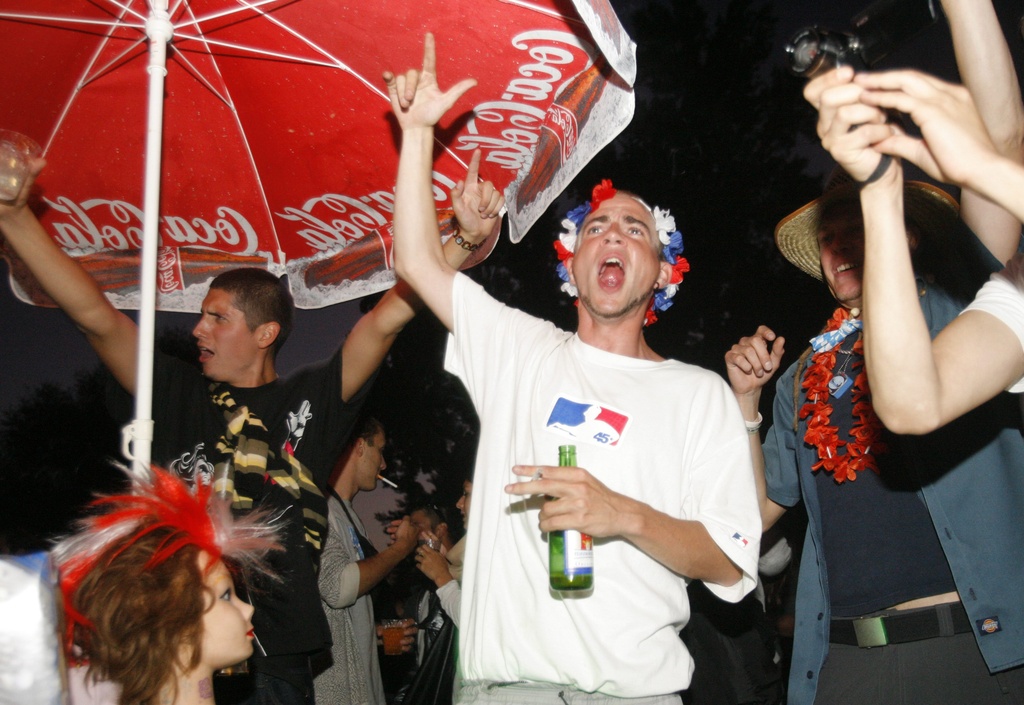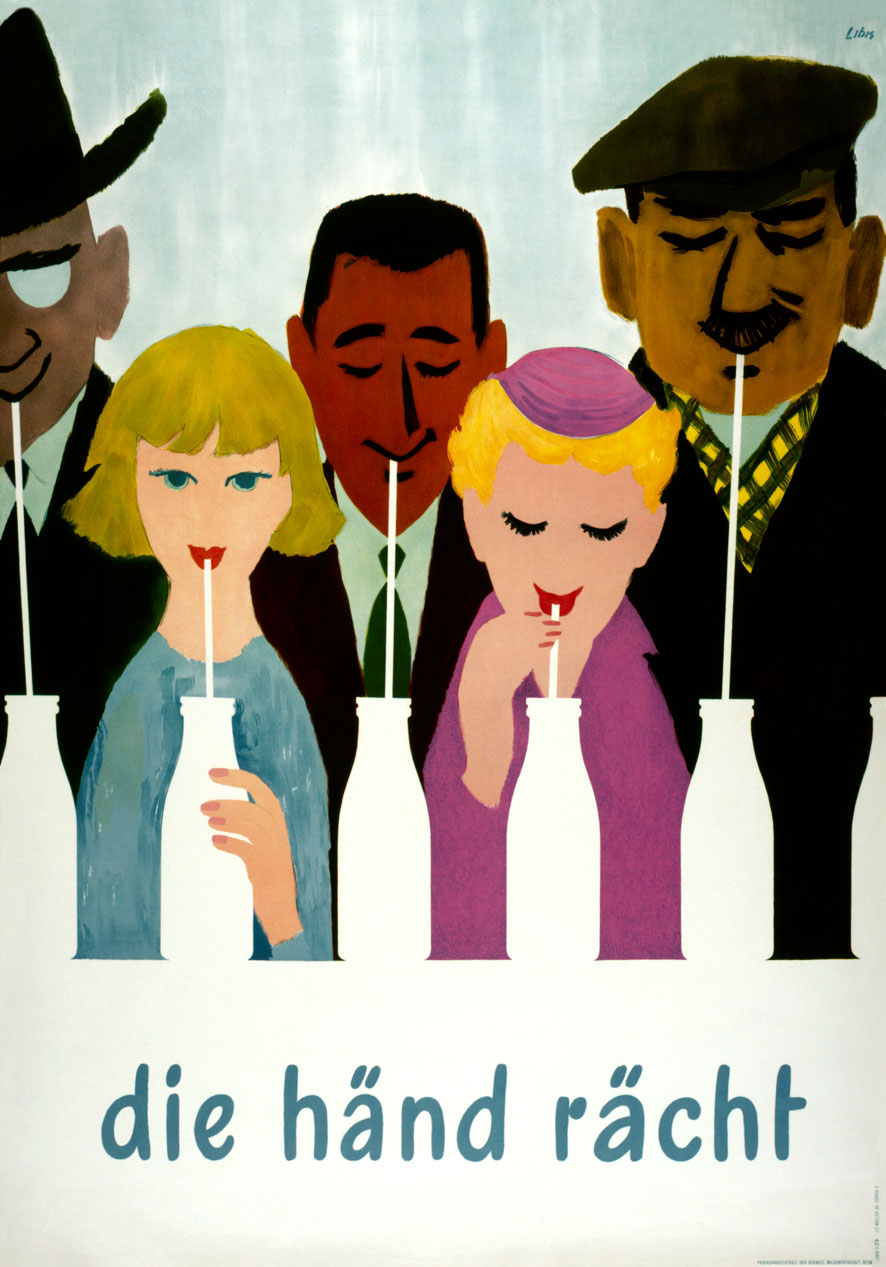Does 24-hour trade underlie youth violence?

Yelling, vandalism and fighting among beer-soaked youths is a common late-night sight in Swiss cities. One law expert says 24-hour businesses fuel the problem.
Martin Killias, a criminal law professor at Zurich University, says today more young people go out than before and their behaviour has changed. They meet late, party until dawn and drink vast amounts of alcohol. He says it’s a recipe for violence.
“We have strong evidence that youth violence would drop massively if young people were no longer up all night partying,” Killias told the Zurich-based Tages-Anzeiger newspaper. “If the state were willing to reduce youth violence, a curfew or time limit for children would be suitable measures.”
For Killias, the nightlife industry is not sacrosanct. He could certainly imagine shutting down round-the-clock businesses in the heart of cities or forbidding the sale of alcohol after midnight.
Killias says it’s wrong to blame parents across the board for not fulfilling their duties or for not sending children to bed early enough when kids stay out all night. Rather, it’s the many opportunities children have to party until morning that make things very difficult.
The proportion of young people who stay out later than their parents allow has increased dramatically in the past 15 years, he said. In addition, young people often don’t tell their parents who else they are going out with.
Passing the buck
Not everyone agrees. “I do not think that such an approach would stand a chance politically at the moment,” Reto Casanova, spokesman for the Zurich police department, told swissinfo.ch.
The issue also raises the question of just how much responsibility cities should take and whether authorities should reduce the night-time public transport service.
“It’s easy to say that cities should take responsibility,” Casanova said. “This would just be a way of passing on responsibility, and wouldn’t help anyone. Basically, every citizen should ask him or herself, what he or she can do.”
Casanova does not believe drastic measures are the solution to stemming youth violence.
“Basically, the police can merely handle the symptoms,” he said. “But they can’t do anything about changing the causes.”
“Bound to happen”
Alexander Tschäppät, the mayor of Bern, agrees. In the Swiss capital, as opposed to Zurich, a curfew does exist – 3.30 am. “Not the cities, but the whole of society bears responsibility,” he said.
Drinking far too much alcohol late into the night is a social phenomenon, particularly of a wealthy society.
In Bern there are still problems despite the curfew. The number of young people consuming alcohol is on the rise along with parties that go into the early hours. With a ban on smoking inside public places, people are going into the streets. As a result, there’s more noise. “Conflicts are bound to happen,” Tschäppät said.
Cities must think about how much nightlife they offer because it factors into a place’s overall appeal.
According Tschäppät, cities need more publicly visible police officers, as well as severe penalties for premises that do not follow the rules.
“Cities can tighten closing times, step up police checks, introduce video surveillance in key areas – but for the most part this is fighting the symptoms,” said Tschäppät.
Cities cannot possibly keep tabs on everything. In Bern young people often buy alcohol and then head to the banks of the River Aare to party. In a liberal country like Switzerland, few would want or be able to introduce a drinking ban in public.
Tschäppät is convinced that a large part of the problem, including a rise in youth alcoholism, is tied to cheap booze.
“Today a half dozen young people can get loaded with a few cans of Red Bull and a bottle of vodka for the price of a cinema ticket,” he said. “Were alcohol to become more expensive again, there’d be less drinking.”
Corinne Buchser, swissinfo.ch (Translated from German by Tim Neville)
The federal government, cantons and communes want to act together against youth violence. Two national programs are being implemented by Federal Social Security Office for 2011 – 2015. During this period the federal government is spending upwards of SFr8.65 million ($8.2 million) on the programmes.
The “Nationwide youth and violence prevention programme” aims to reduce the number of violent acts among young people. In order to reach children as early as possible, the programme starts with families and includes schools and places where older children and adolescents meet, such as parks and sports fields.
The “Youth media protection and media skills” programme aims to protect young people better from dangers that lurk in films, games, cell phones and the internet.
The federal government will coordinate and cooperate with cantons, communes and the industry.

In compliance with the JTI standards
More: SWI swissinfo.ch certified by the Journalism Trust Initiative












You can find an overview of ongoing debates with our journalists here . Please join us!
If you want to start a conversation about a topic raised in this article or want to report factual errors, email us at english@swissinfo.ch.